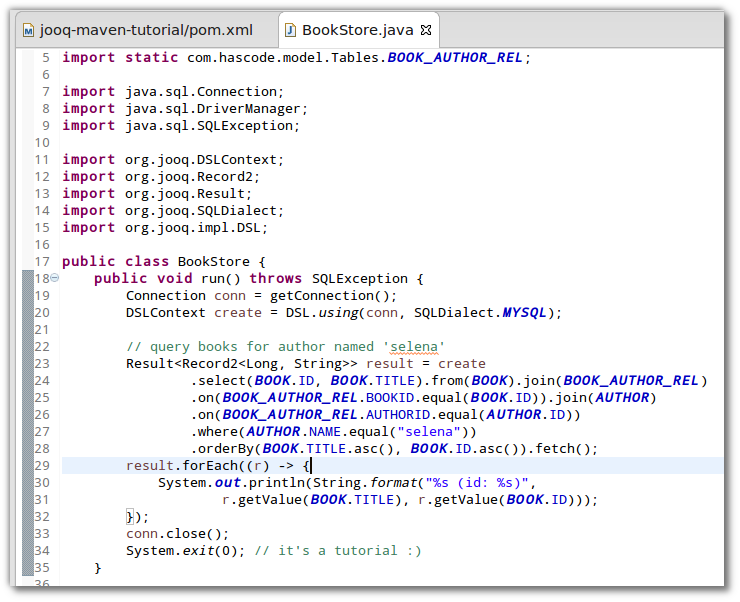Postgres with docker-compose or Docker and pg_stat_statements enabled
pg_stat_statements is useful to gather performance information about queries so lets add it to our dockerized postgres database. Using docker-compose Using docker-compose we just need to add the following docker-compose.yaml: docker-compose.yml version: '3.5' services: postgres: container_name: postgres_container image: postgres ports: - "5432:5432" volumes: - /var/lib/postgresql/data # used for query profiling, deactivate for enhanced performance command: postgres -c shared_preload_libraries=pg_stat_statements -c pg_stat_statements.track=all -c max_connections=200 environment: POSTGRES_USER: postgres POSTGRES_PASSWORD: thepassword We simply start our Postgres database with docker-compose: ...

